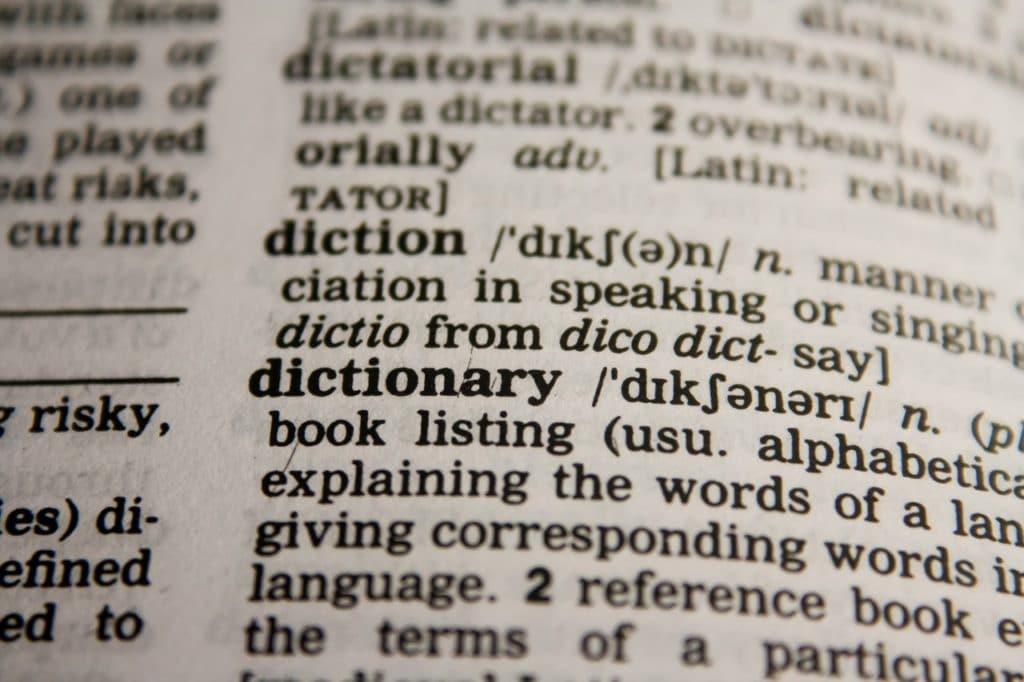It’s not an easy job to expand your business internationally. There are so many things that can go wrong that many entrepreneurs prefer to stay local. But hey, nothing ventured, nothing gained, right?
It may be accurate, but it’s essential to think before you take a risk, and sometimes it’s hard. Even big global brands like Pepsi or KFC fail from time to time with their international business campaigns.
Why? Because of the inadequate translation. But even if the big guys are making mistakes, it doesn’t mean you should too.
So, to warn you about what lousy translation can do to your business, and probably brighten your day a bit. Here are a few examples of brands that failed tremendously with their international business campaigns.
KFC
When the famous fast-food restaurant Kentucky Fried Chicken decided to expand its brand internationally, they picked China as their target. But when they started their campaign in the late 1980s, not everything went as planned.
All because of a silly translation mistake. KFC’s famous slogan is “Finger-lickin’ good,” whereas, in China, they translated it into “Eat your fingers off.”
Fortunately, it didn’t hurt KFC that much, and it’s one of the most popular restaurants in China right now. But that mistake is one of the most famous examples of why you should always pay attention to details.
Honda
The famous Japanese car manufacturer also learned its lesson in inadequate translation. When they introduced their vehicles in Sweden, they decided to stick to the original cars’ names. There’s nothing wrong with that, you may think.
Well, there was one problem. One of the car’s names was Fitta, which in Scandinavia refers to a woman’s genitalia. Honda reacted quickly and changed the car’s name into Jazz, but the whole campaign lost its impact.
Parker Pen
Known for its top-quality pens and writing accessories, Parker Pen is one of the most recognizable brands in the world. But as it turns out, even brands like that make ridiculous mistakes.
When Parker launched their ballpoint pen in Mexico, their ads were supposed to say, “It won’t leak your pocket and embarrass you.” Sounds okay, but again, there was one tiny problem. Parker thought that the word embarrass is Spanish translates into “embarazar.”
Well, embarazar means to impregnate, and that made the ad sound a little bit odd. Does the phrase: “It won’t leak your pocket and impregnate you” sound encouraging? You don’t have to answer now.
Pepsi
Pepsi is another example of a wrong Chinese translation made by an American brand. This time, Pepsi made a silly mistake in translating their slogan to fit the Chinese consumer. What’s more, Pepsi’s slogan turned out to be offensive.
How did it happen? When Pepsi decided to raid the Chinese market, they came up with the slogan, “Pepsi brings you back to life.” Nothing wrong with it, right? Well, when translated into Chinese, it changed the meaning.
In public translating, it meant “Pepsi brings your ancestors back from the grave.” Not only does it sound terrible, but it also makes a negative impression in the country where ancestors have a special part in the culture.
Ford
Would you buy a car with the corpse in it? The answer is probably no. Ford learned that when they launched their new campaign to promote their excellent manufacturing.
The intentions were innocent. Ford wanted to introduce their new slogan, “Every car has a high-quality body,” but unfortunately, they made a little mistake in translation. After translating it, the slogan read, “Every car has a high-quality corpse.”
Guarantee of a dead body in your car doesn’t sound too incentive, does it?
How to Avoid Translation Misunderstandings
Okay, there are many more examples of translation mistakes, but the list is too long for this article. Nevertheless, from these few cases, you should be able to see how vital translation is in international business.
So how can you make sure that your brand won’t get hurt by translation misunderstanding? First of all, make sure that your brand name doesn’t mean something funny or offensive in another language.
Secondly, hire specialists who will translate your slogan or whole advertisement campaigns into the language of the country you want to enter. Efficient translators like the ones from lighthouse.com will make sure that you won’t make silly mistakes.
Thirdly, learn about the other country’s culture. Many brands make mistakes not only in translation but also in misunderstanding what the cultural constraints are. It can be anything, from the shape of your logo to the pictures you show on your advertisements.
Conclusion
There are many things you need to take into consideration when expanding your business internationally. One of the crucial factors, whether you’ll succeed, is efficient translation and understanding cultural differences. It’s crucial, especially nowadays, when more and more businesses are expanding, and the competition has become fierce. Every mistake you make can cost your business a lot of money, but cultural and translation errors can kill your brand.





